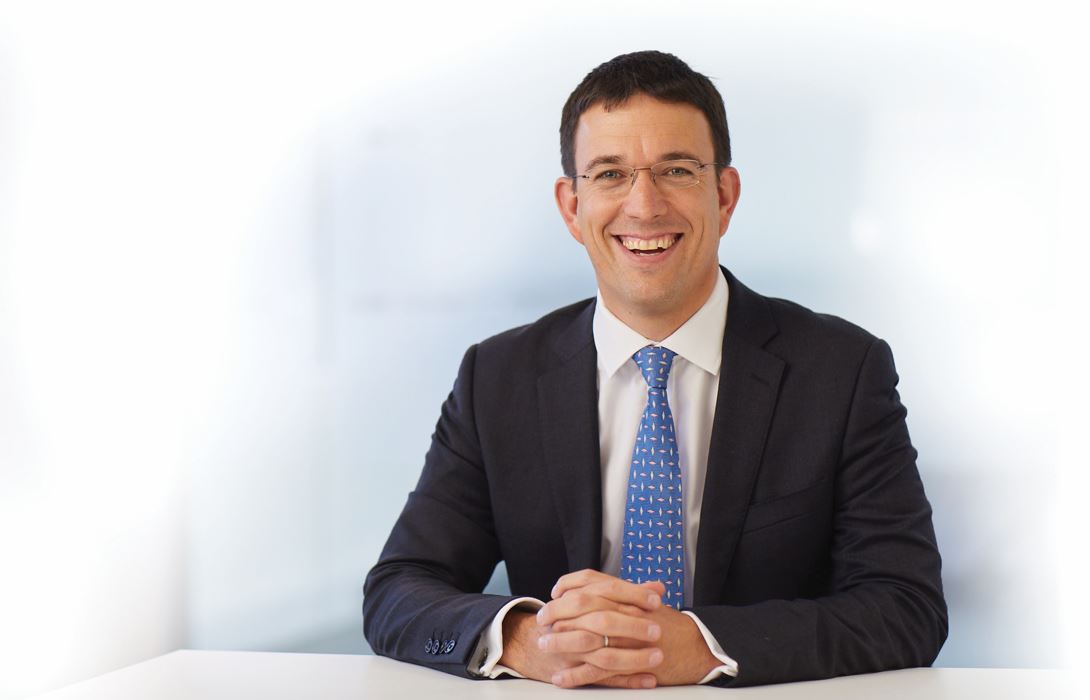
Older workers are critical to driving the economic recovery to coronavirus a major report finds.
The report from the International Longevity Centre UK (ILC UK) has been launched ahead of the G20 Finance Ministers’ and Central Bankers’ meeting.
It assesses the significant and growing economic impact of older workers across the world’s top 20 economies.
This assessment shows nearly one in three workers across the G20 is already aged 50 and over – this could rise to 40 per cent of the workforce by 2035.
In 2014, workers aged 50 and older generated every third dollar earned across the G20.
By 2035 this cohort is projected to generate nearly 40 per cent of all earnings.
If the G20 countries studied enabled older people to work at the same rates seen in Iceland, they could see a GDP gain of $3.7trn – averaging 7 per cent of GDP.
ILC-UK is calling on G20 governments to maximise the economic contributions of older people in the post-pandemic recovery and beyond.
It wants government to deliver an Ageing Society New Deal that would see countries invest more in preventative healthcare and support work in an ageing world.
It recommends reducing barriers to employment for older people, incentivising technology innovation that supports productivity and investing in opportunities for lifelong learning.
ILC-UK director David Sinclair says: “Policy makers are so fixated on the direct costs of ageing that they fail to notice the significant and growing contributions that older people make. This prevents them from fully realising the social and economic potential of older people – and from appreciating the longevity dividend.
“Older people’s social and economic impact is already significant, but there’s potential to increase this further. The barriers they face are in part avoidable – and the most important is poor health.
“Despite the tragedy and the devastation, Covid-19 has placed society in an exceptional moment to prioritise health and act on ageing. It has shown us how health and the economy are linked and has exposed the dangers of under-investing in prevention.
“Let’s use this shift in mind-set to raise the necessary funds today to realise a longevity dividend tomorrow.”



